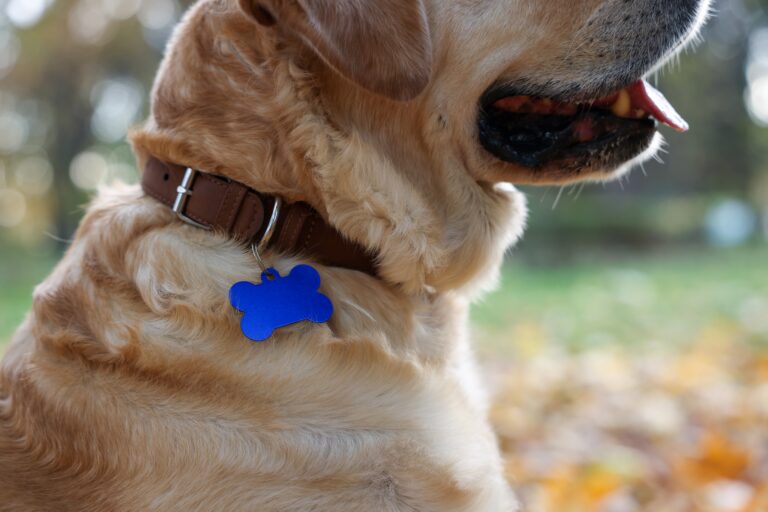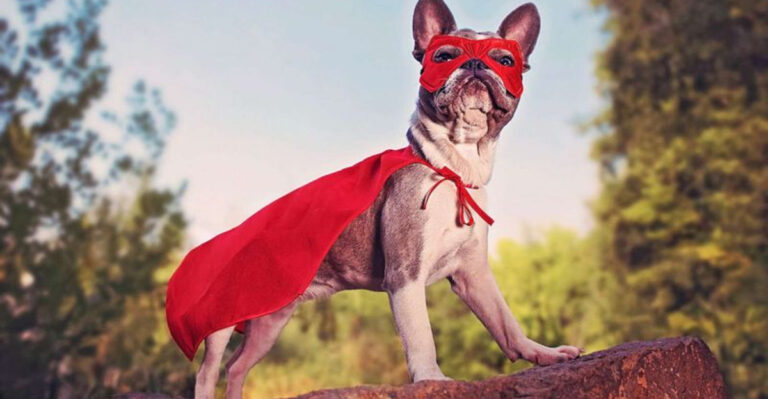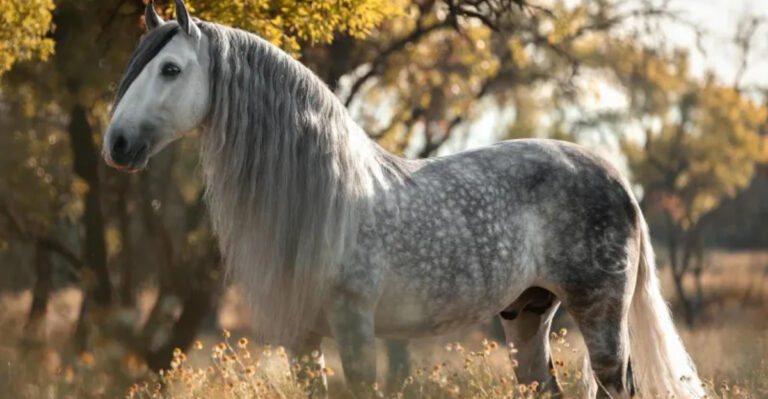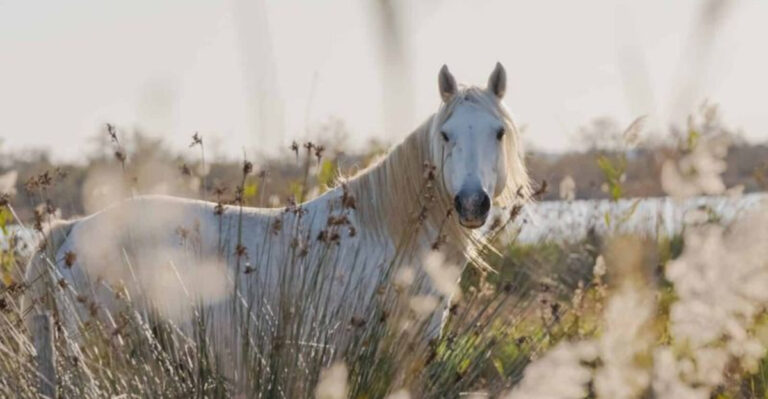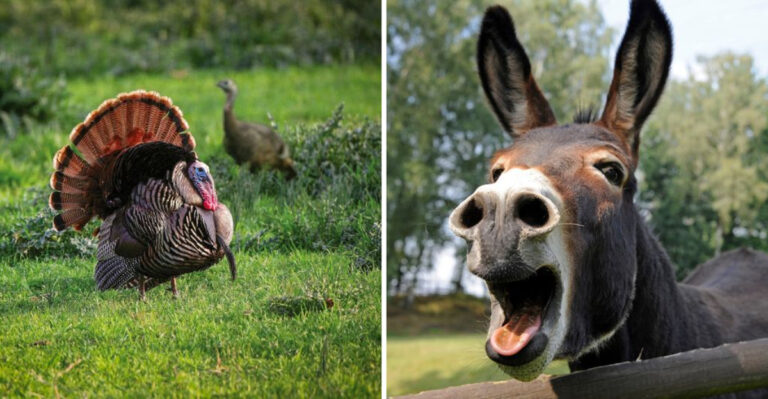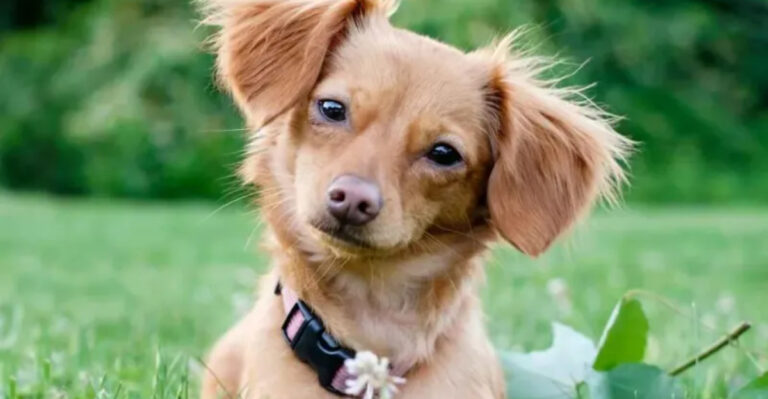17 Heroic Jobs Military Dogs Perform In Service
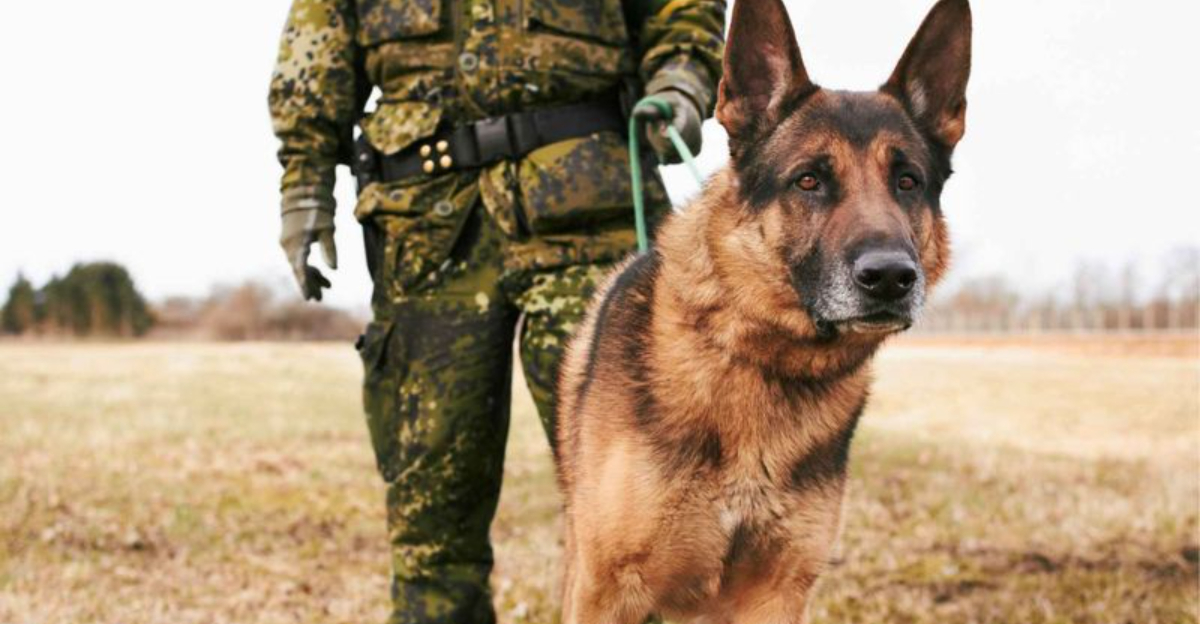
Behind every successful military operation, there’s often a four-legged hero working alongside human soldiers. Military dogs have been saving lives and supporting troops for decades with their extraordinary abilities.
These brave canines undergo rigorous training to master specialized skills that human soldiers simply can’t replicate.
1. Explosive Detection Specialists
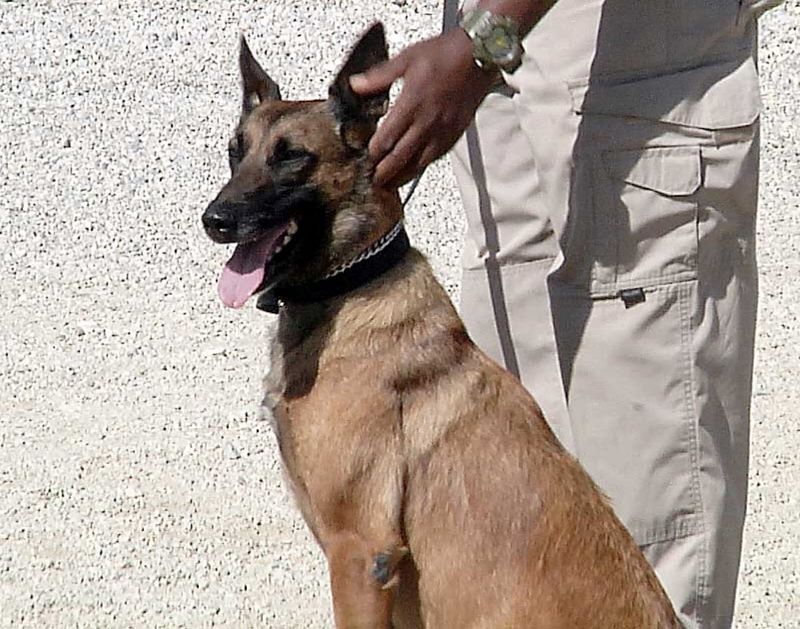
Hidden beneath dirt roads and tucked inside abandoned buildings, explosives pose deadly threats to troops. These canine experts can detect over 19,000 explosive combinations with just a sniff – far more sensitive than any machine.
Their powerful noses can catch scent particles at concentrations as low as parts per trillion, keeping soldiers safe from hidden dangers.
2. Scout And Patrol Partners
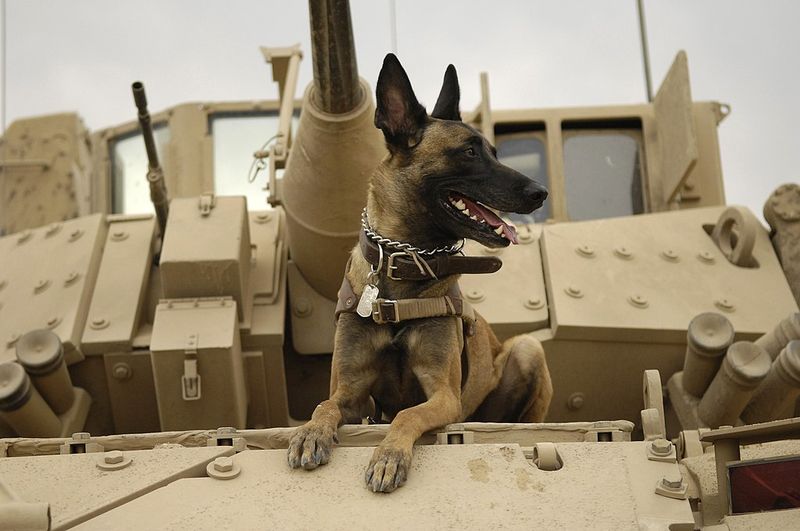
Moving silently through dense jungle or urban ruins, these four-legged scouts detect enemy presence long before human senses can. Their heightened awareness catches subtle sounds, movements, and scents that would otherwise go unnoticed.
Working in perfect sync with handlers, they communicate threats through subtle body language, often preventing ambushes before they occur.
3. Search And Rescue Heroes
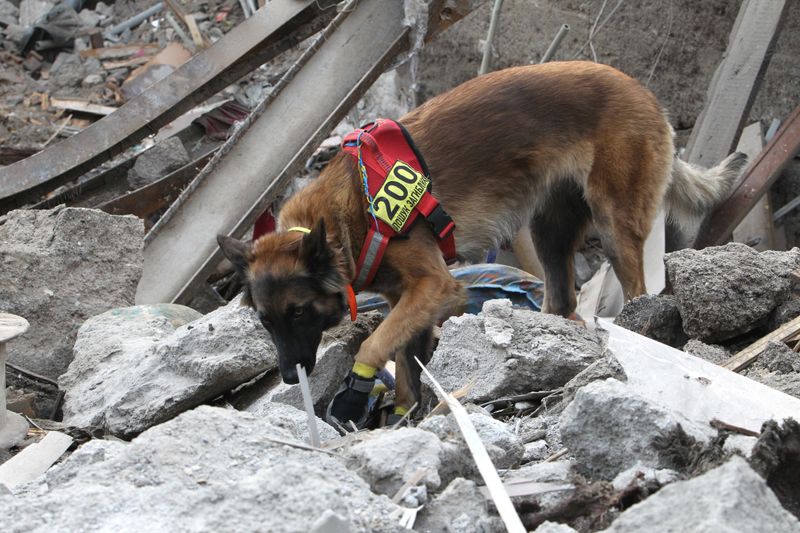
When disaster strikes, these furry lifesavers race against time to locate survivors trapped under rubble or lost in wilderness. Their incredible sense of smell can track human scent through concrete, water, and debris.
Even after days without success, these determined heroes continue searching when human rescuers might give up hope.
4. Narcotics Detection Units
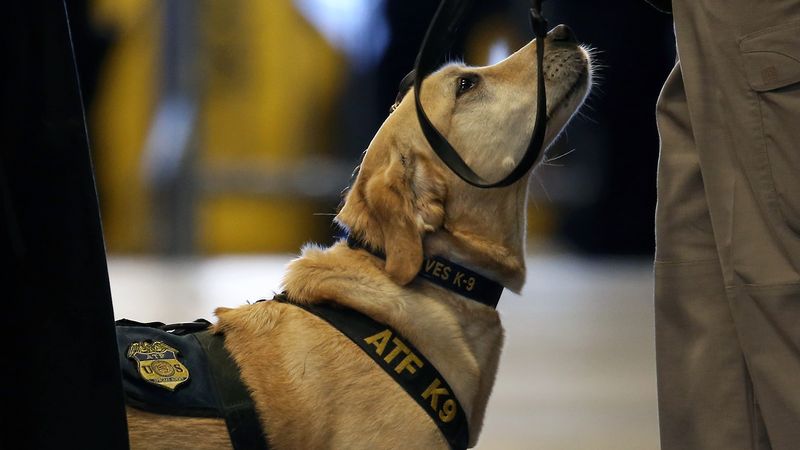
Smuggled drugs can fund terrorist activities and compromise military security. These keen-nosed detectives sniff out hidden narcotics during checkpoint operations and base security sweeps with remarkable accuracy.
Unlike mechanical detection systems, these canine agents can search an entire vehicle in minutes, identifying exactly where contraband is hidden.
5. Combat Trackers
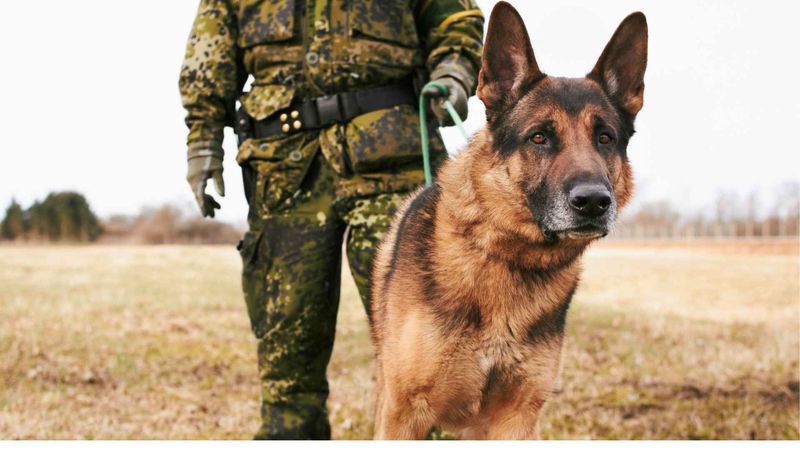
Like nature’s GPS systems, these specialized canines follow nearly invisible trails left by enemy combatants. Picking up disturbed vegetation, body oils, and footprint scents, they can track targets for miles through challenging terrain.
Even rainfall or deliberate attempts to hide trails rarely fool these master trackers when they’re on the hunt.
6. Tactical Assault Companions
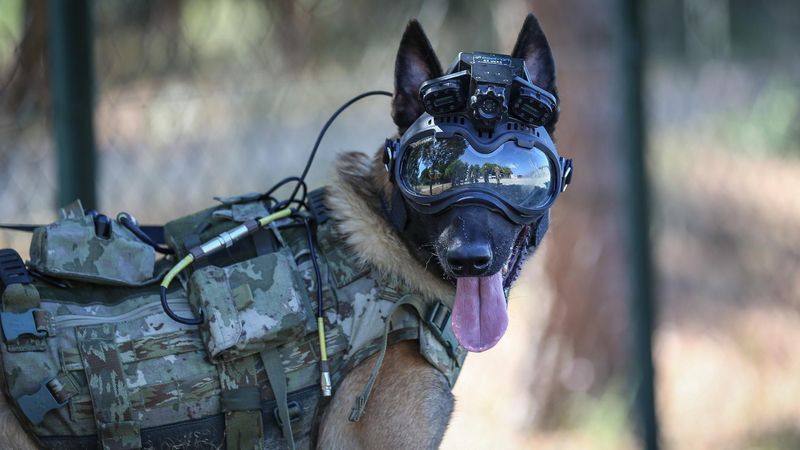
Leaping into action ahead of special forces teams, these elite canine operators neutralize threats with lightning speed. Trained to apprehend armed suspects with precision bites, they can immobilize dangerous individuals without lethal force.
Their intimidating presence alone often convinces enemies to surrender without resistance.
7. Tunnel And Cave Explorers
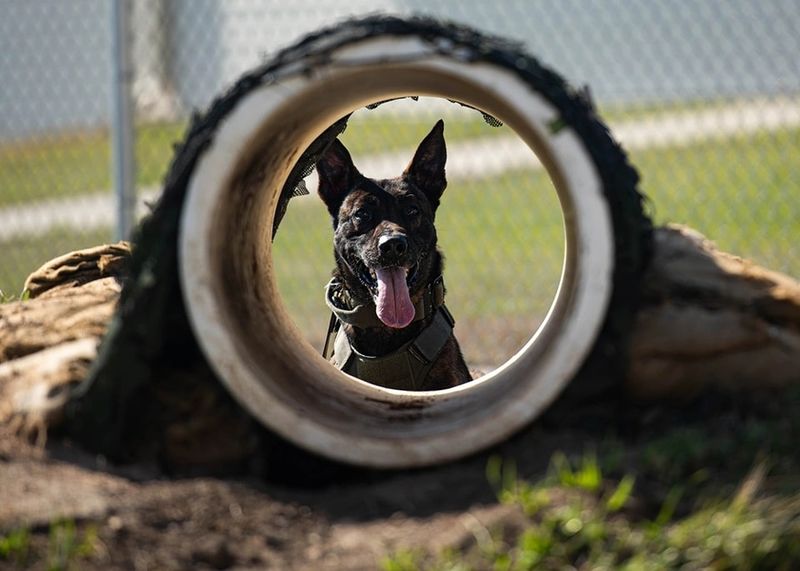
Darkness holds no fear for these brave underground investigators. When human soldiers encounter narrow tunnels or cave systems, these compact heroes lead the way, alerting handlers to hidden enemies or booby traps.
Their willingness to enter confined spaces has saved countless lives in conflicts where underground networks serve as enemy hideouts.
8. Weapons And Ammunition Finders
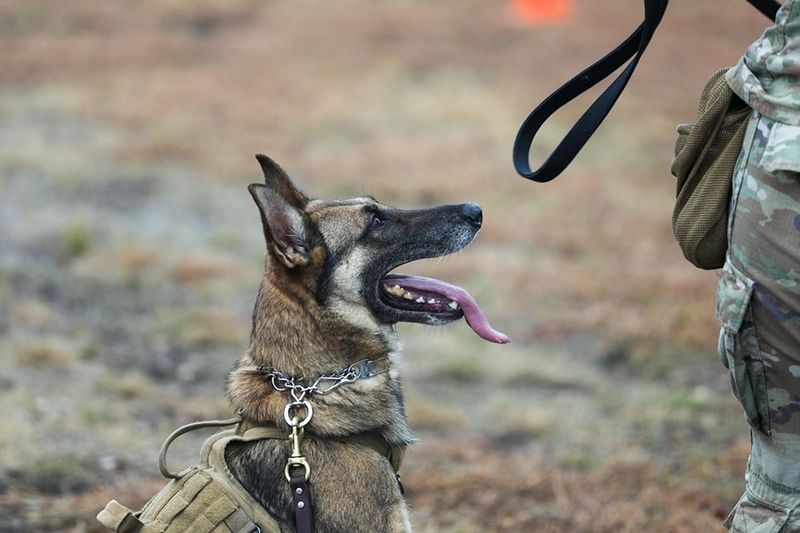
Forgotten caches of weapons pose serious threats to peacekeeping operations. These specialized detectors can locate hidden firearms and ammunition by picking up the unique scent signatures of gun oils and explosives.
One trained dog can search an area in 30 minutes that would take human teams hours to clear thoroughly.
9. Base Security Sentries
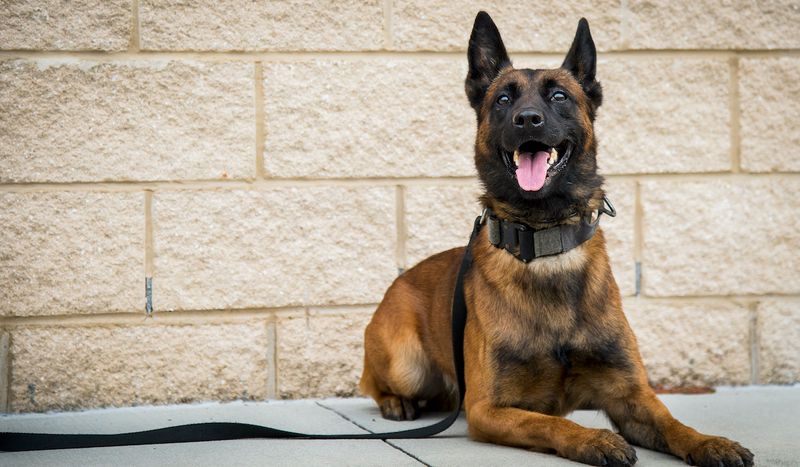
Sharp-eared and always alert, these four-legged guards patrol perimeters of military installations with unwavering vigilance. Their hearing can detect intruders approaching from hundreds of yards away, even in complete darkness.
Unlike technology that can fail or be hacked, these natural security systems operate effectively in any conditions.
10. Morale And Therapy Providers
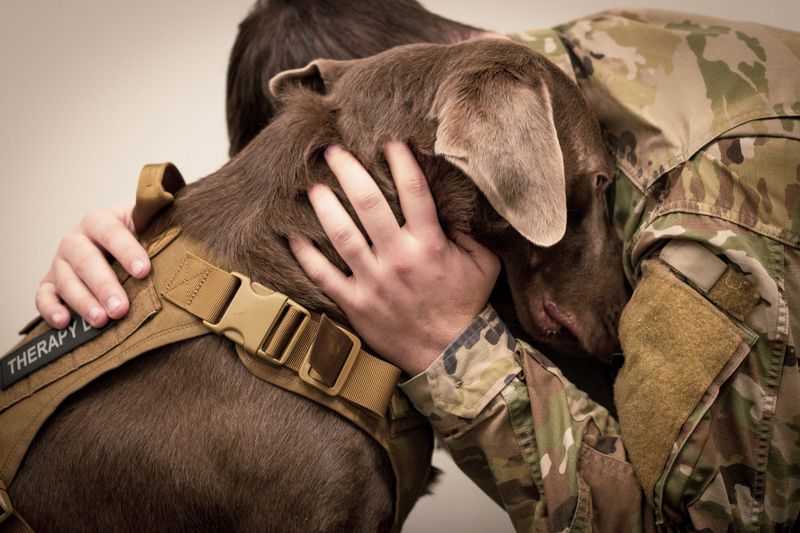
Far from home and facing extreme stress, soldiers find comfort in furry battle buddies who offer unconditional support. Beyond their tactical roles, these dogs sense emotional distress and provide therapeutic comfort during downtime.
Studies show just 15 minutes with a canine companion significantly reduces stress hormones in deployed personnel.
11. Casualty Detection Specialists
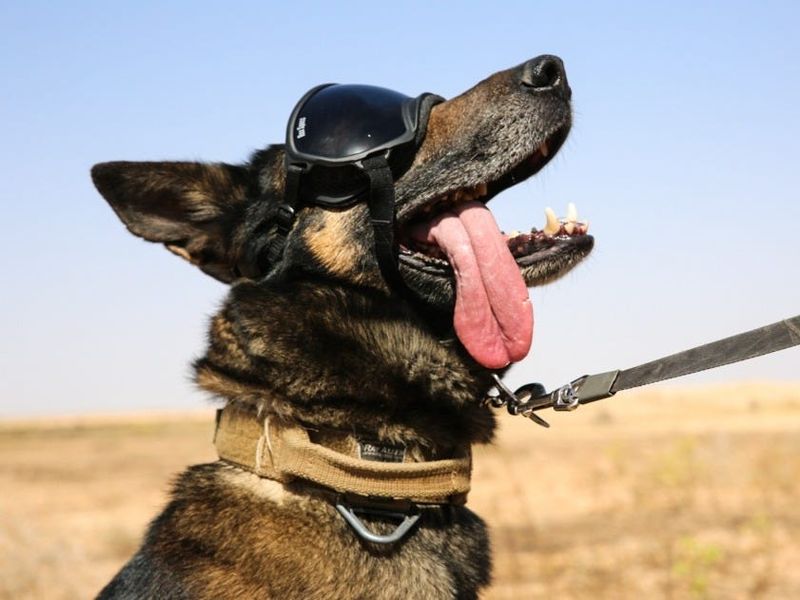
When battlefield smoke obscures vision and chaos reigns, these life-saving detectors locate wounded soldiers who might otherwise be overlooked. Their sensitive noses can distinguish between the living and deceased, directing medics to those who need immediate attention.
This critical skill has dramatically improved survival rates in combat zones.
12. Parachute Jump Partners
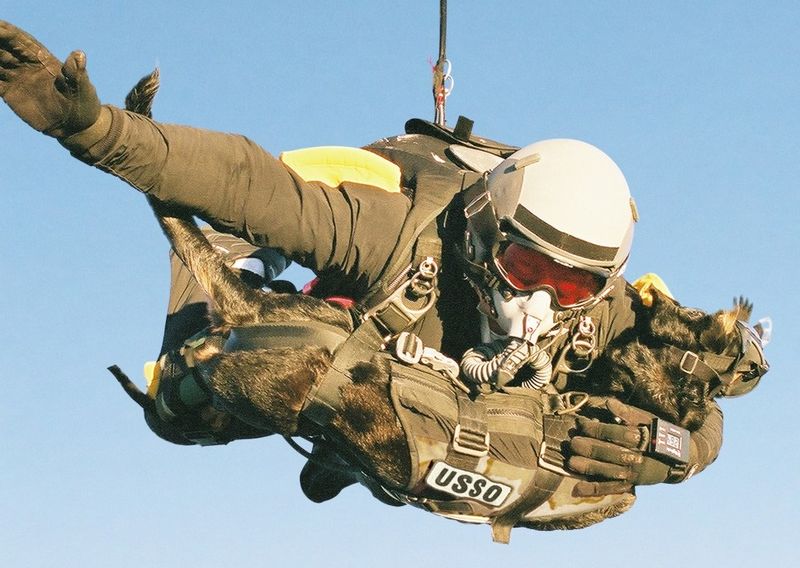
Soaring through the air strapped to their handlers, these airborne specialists make high-altitude jumps into hostile territory. Custom-designed oxygen masks and protective goggles keep them safe during descent from altitudes up to 25,000 feet.
After landing, they immediately transition to their specialized roles without missing a beat.
13. Mine Detection Experts
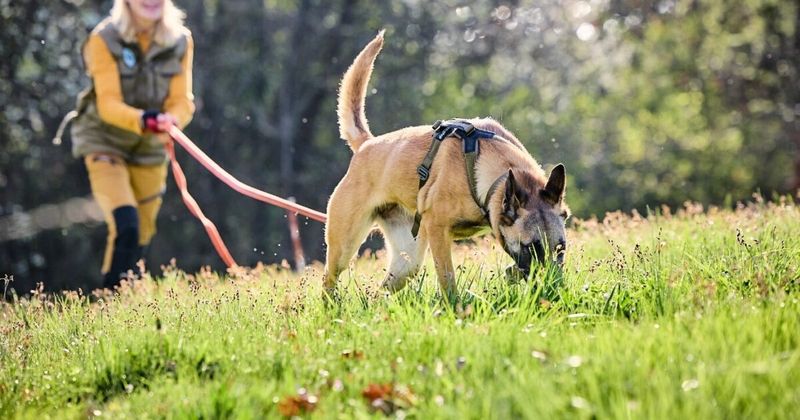
Across former battlefields worldwide, these methodical heroes save civilian lives by finding deadly landmines buried and forgotten. Working slowly and carefully, they can clear paths through minefields with greater accuracy than mechanical detectors.
Their lightweight bodies exert less pressure on triggering mechanisms, making them safer than humans for this dangerous work.
14. Multi-Purpose K9 Warriors
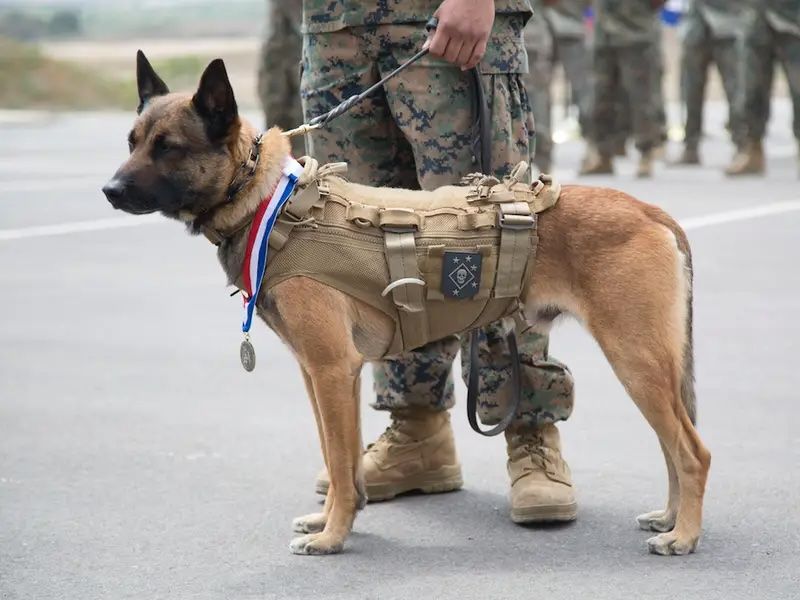
Like Swiss Army knives with paws, these versatile operators switch between different roles as missions demand. Cross-trained in detection, protection, and tracking, they provide commanders with flexible response options in unpredictable situations.
Their adaptability makes them invaluable assets in modern warfare where mission parameters change rapidly.
15. Communication Line Guards
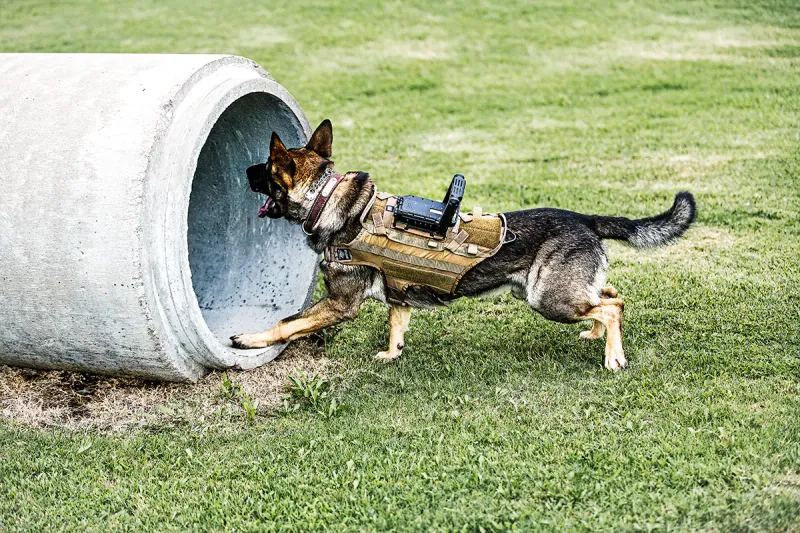
Critical infrastructure needs protection in combat zones, and these dedicated guardians secure vital communication lines. Patrolling alongside buried fiber optic cables and transmission equipment, they prevent sabotage attempts that could isolate forward operating bases.
Their presence alone deters most enemies from approaching these essential lifelines.
16. Water Operations Support
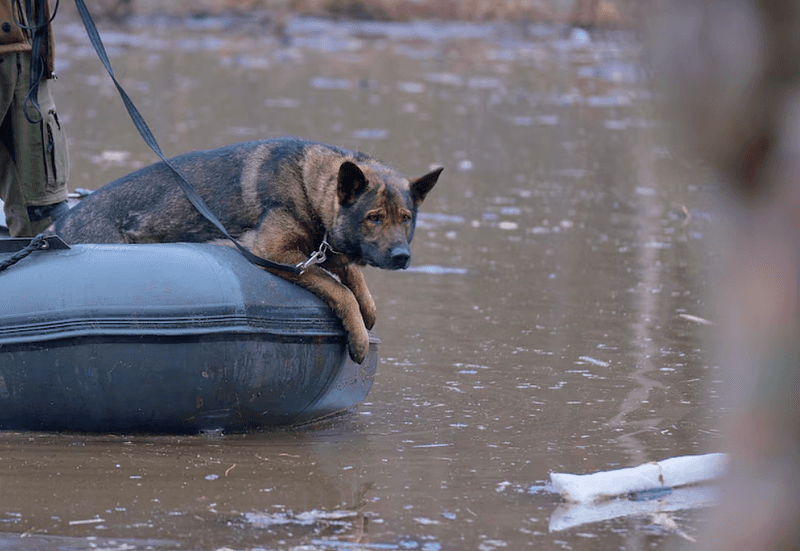
Specially trained for maritime missions, these aquatic allies assist naval special forces during beach landings and ship inspections. Wearing custom flotation vests, they can swim alongside boats or be deployed from helicopters into water.
Their ability to move between water and land environments makes them invaluable for coastal operations.
17. Retired Hero Ambassadors
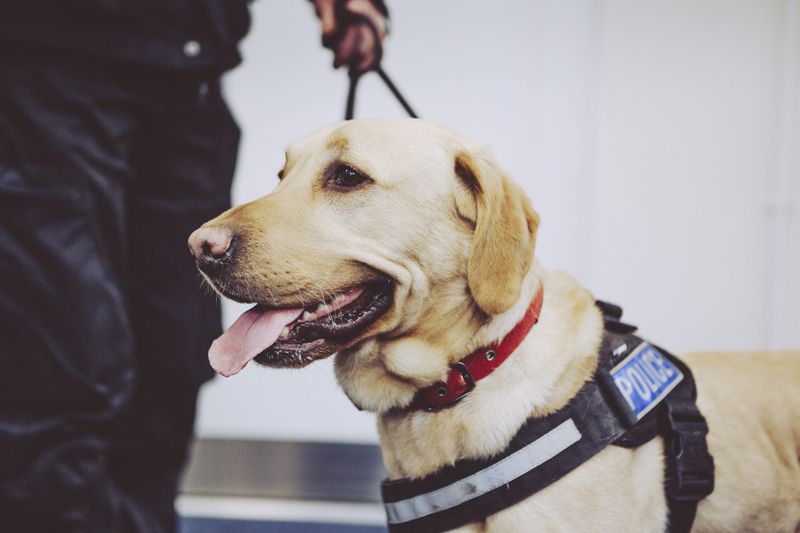
After years of service, these veterans take on a new mission: connecting civilians with military experiences. As ambassadors, they visit schools and events, helping the public understand military operations while receiving well-deserved appreciation.
Their transition to civilian life helps handlers process their own service experiences through shared journey.

